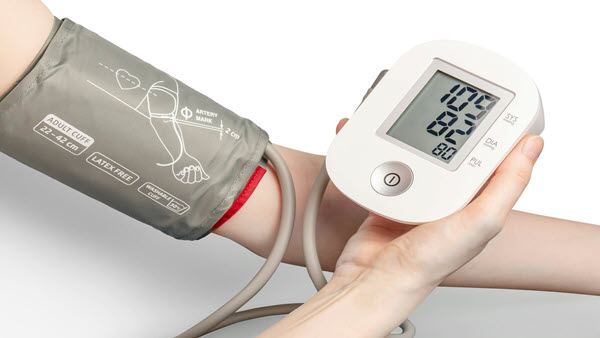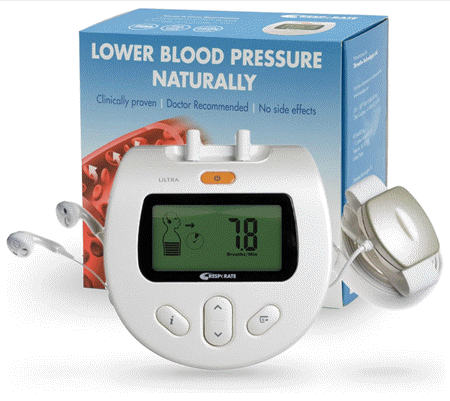Hypertension, or high blood pressure, is a prevalent condition affecting millions globally. Often referred to as the “silent killer” because of its subtle symptoms, hypertension significantly increases the risk of heart disease and stroke. However, with the proper knowledge and tools, managing this condition through self-care can reduce these risks and enhance overall quality of life.
Understanding Hypertension:
Hypertension occurs when the blood’s force against the arteries’ walls is too high. It is typically defined as having blood pressure higher than 130/80 mmHg. Factors contributing to high blood pressure include genetics, environmental factors, lifestyle choices, and underlying conditions such as diabetes or kidney disease.
The Evolution of Self-Care:
The concept of self-care for managing hypertension has evolved significantly over the decades. From the development of the first antihypertensive medications in the 1950s to the latest digital health technologies, each advancement has improved health outcomes and empowered individuals, putting them in the driver’s seat of their health journey.
Monitoring and Professional Care
Regular blood pressure monitoring at home and by healthcare professionals is vital in managing hypertension. Home monitoring can help track the effectiveness of ongoing treatments and lifestyle changes, while regular check-ups with a healthcare provider ensure that any necessary adjustments to the treatment plan are made promptly.
Tips for Managing Hypertension and Maintaining Wellness:
- Maintain a Healthy Diet:
- Reduce Sodium: Aim for less than 2,300 mg of sodium per day. Read labels, eat fewer processed foods, and use herbs and spices instead of salt.
- Increase Potassium: Eat more bananas, potatoes, avocados, and leafy greens to balance sodium and help lower blood pressure.
- Eat Whole Foods: Focus on fruits, vegetables, whole grains, lean proteins, and healthy fats.
- Stay Physically Active:
- Regular Exercise: Aim for at least 30 minutes of moderate aerobic activity daily.
- Strength Training: This involves exercises that make your muscles work harder than usual. Include muscle-strengthening activities three times a week. These can include lifting weights, using resistance bands, or doing exercises that use your body weight, like push-ups and sit-ups.
- Consistency is Key: Find activities you enjoy to make it easier to stick to a routine.
- Monitor Your Blood Pressure Regularly:
- Home Monitoring: Invest in a reliable home blood pressure monitor and check your blood pressure regularly.
- Keep Records: Track your readings and share them with your healthcare provider.
- Manage Stress:
- Mindfulness and Meditation: These practices involve focusing on the present moment and calming your mind. Regular practice can reduce stress, which can help manage blood pressure. You can start with just a few minutes of mindfulness or meditation each day and gradually increase the time as you become more comfortable.
- Relaxation Techniques: Try deep breathing, yoga, or tai chi to reduce stress and improve mental health.
- Limit Alcohol and Avoid Tobacco:
- Alcohol: Drinking less alcohol can lower your blood pressure. Men should be limited to two drinks per day and women to one.
- Smoking: Quit smoking or using tobacco products to improve your overall cardiovascular health.
- Get Adequate Sleep:
- Sleep Hygiene: Aim for 7-9 hours of good-quality sleep per night. Maintain a regular sleep schedule and create a restful environment.
- Regular Health Screenings:
Check-ups: Regular visits to your healthcare provider for comprehensive evaluations and to adjust your care plan as needed. Regular blood tests are essential to managing hypertension as they can help detect changes in your health and allow for early intervention if required.

Understanding and managing hypertension involves a comprehensive approach that includes diet, exercise, stress management, and regular medical care. By adopting these strategies, you can reduce your risk of health complications related to high blood pressure.
Take Charge of Your Blood Pressure Health!
Explore Expert Tips and Advice to Keep You in Top Condition:
- Discover practical strategies and necessary lifestyle changes.
- Learn about preventive measures that protect and enhance your well-being.
- Stay informed and empowered with expert insights into managing your blood pressure.
Act Now for a Healthier Tomorrow!
The Impact of Self-Care:
Individual stories and clinical studies clearly show the effectiveness of self-care in managing hypertension. Patients who actively engage in their care experience better health outcomes and significantly reduced complications, fostering a sense of hope and motivation for a healthier future.
As we continue to witness innovations in health technology and gain deeper insights into the nature of hypertension, the role of self-care remains fundamentally important. By embracing a proactive approach to health management, individuals with hypertension can not just manage their condition but transform it into a catalyst for positive change in their lives, underlining the urgency and necessity of taking action.

